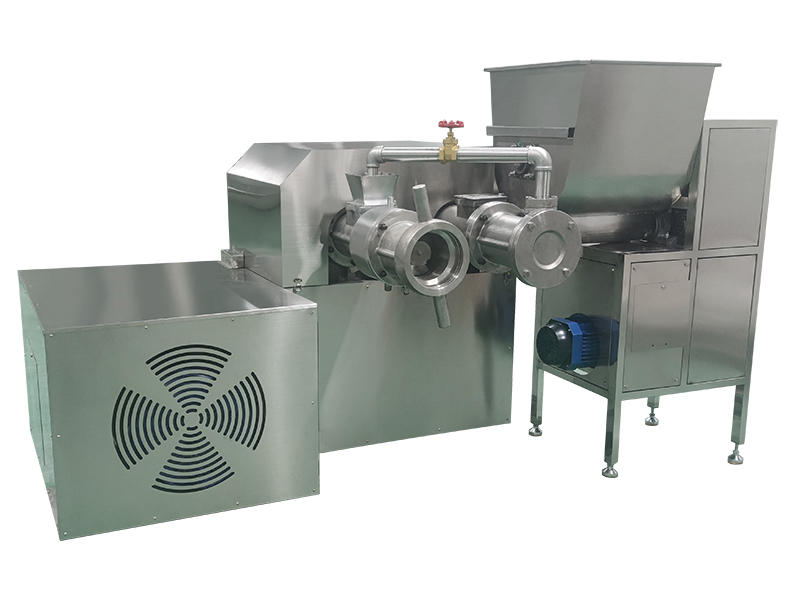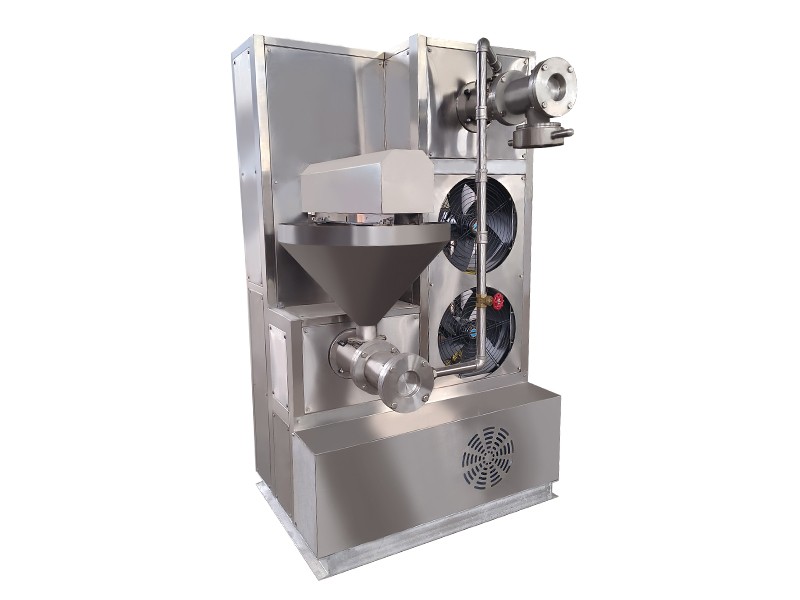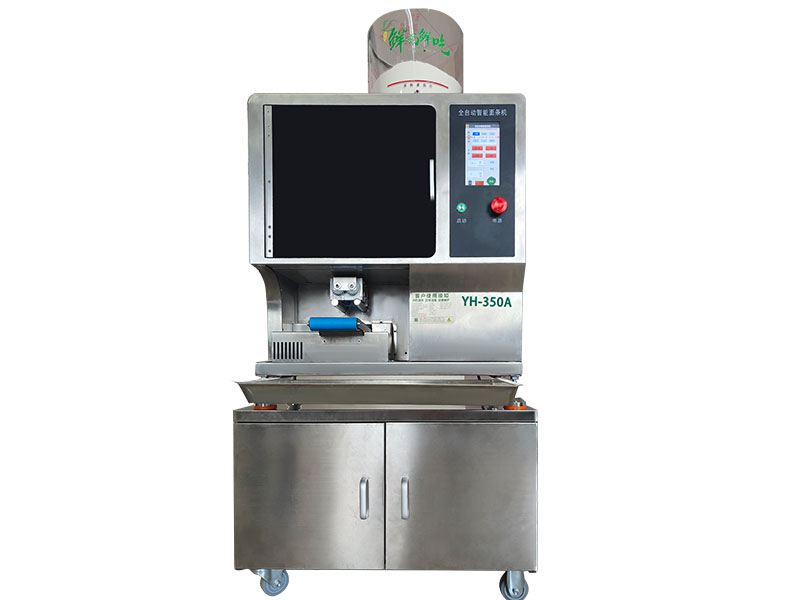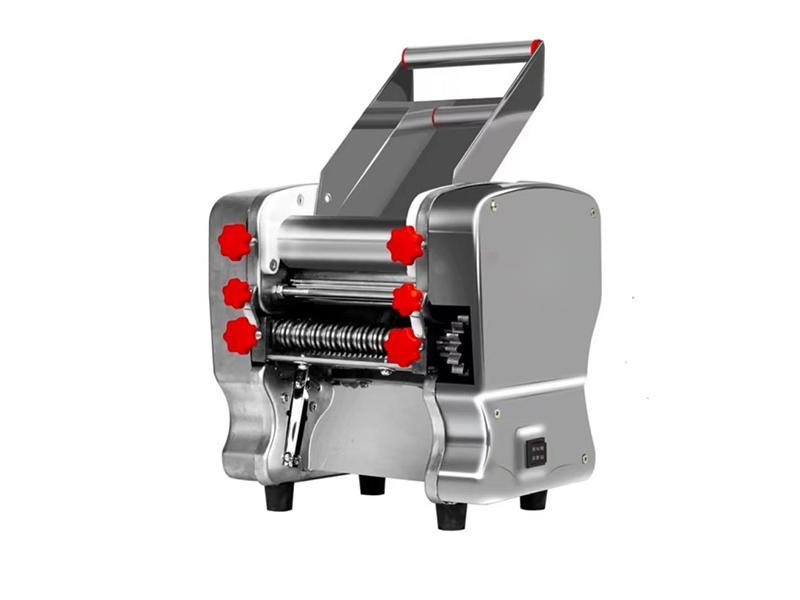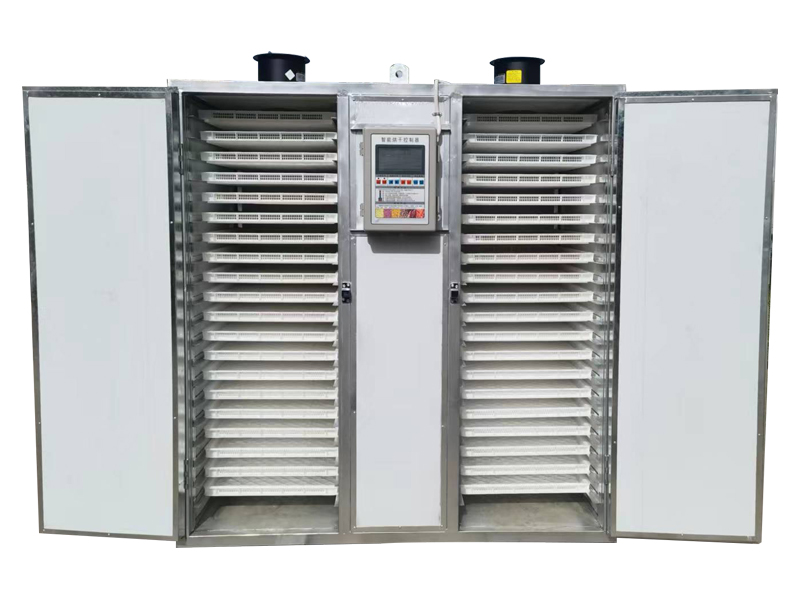
News Detail
How to Improve Rice Noodle Production Efficiency Through Automation?
1.Pain Points of Traditional Production
Traditional rice noodle production relies heavily on manual operations, such as soaking, steaming, extruding, and drying, requiring a large workforce and resulting in unstable production efficiency. Common problems include:
Significant fluctuations in product quality;
High labor costs and management difficulties;
Energy waste and low equipment utilization;
Difficulty in standardizing hygiene and safety.
These problems are becoming increasingly prominent against the backdrop of continuously rising labor costs and increasingly stringent food safety regulations.
2.Changes Brought About by Automation Systems
Automated rice noodle production lines, through the integration of intelligent control systems, PLC program control, and sensor technology, achieve full automation from raw material input to finished product packaging. Its core advantages are reflected in the following aspects:
1️⃣ Continuous production, increasing capacity by 30%-50%
The automated control system ensures seamless connection between each stage, significantly reducing downtime and waiting time.
2️⃣ Precise control of process parameters, stabilizing product quality
Automatic adjustment of parameters such as temperature, humidity, and pressure ensures consistent rice noodle texture and better elasticity.
3️⃣ Savings in labor and energy
One automated production line can replace multiple workers, reducing labor costs while optimizing the energy efficiency of cooking and drying.
4️⃣ Data-driven and traceable production
The system automatically records production data, enabling batch tracking and facilitating quality management and remote maintenance.
3. How to Choose the Right Automated Production Line
When purchasing automated rice noodle equipment, businesses should focus on the following factors:
✅ Production Capacity and Site Matching: Clearly define daily production targets and choose an appropriate production line scale;
✅ Control System Intelligence: Prioritize systems with PLC touchscreens, fault alarms, and data logging functions;
✅ Equipment Materials and Hygiene Standards: Food-grade stainless steel structure, meeting export and food safety requirements;
✅ After-sales Service and Technical Support: Suppliers should possess installation, commissioning, training, and remote technical service capabilities.
4.Automation = Efficiency + Quality + Brand Competitiveness
Automating rice noodle production is not just about "machines replacing manual labor," but a crucial step for businesses towards standardized and intelligent production.
Automation systems help businesses achieve higher production efficiency, more stable product quality, and lower overall costs, giving brands a more sustainable competitive advantage.
Zhengzhou Yunhe Food Machinery Co., Ltd.
From material to size, from appearance to function, we can provide various products to meet your specific application needs.
Why Choose US
We are a company specializing in food machinery. We are equipped with advanced production technology and equipment, dedicated to pursuing excellence in quality and creating first-class products.
Our Advantages
Our machinery is user-friendly, with a fully automated food processing line that includes automation functions to precisely control the production process. This greatly enhances production efficiency and ensures stable output for processed food.
In terms of quality, we use high-quality 304 stainless steel, which is sturdy, durable, and has a long service life. Our machines also offer flexible parameter adjustments to meet the production needs for various food specifications and textures. Additionally, the equipment is easy to clean and strictly adheres to national safety and hygiene standards to ensure food safety.

